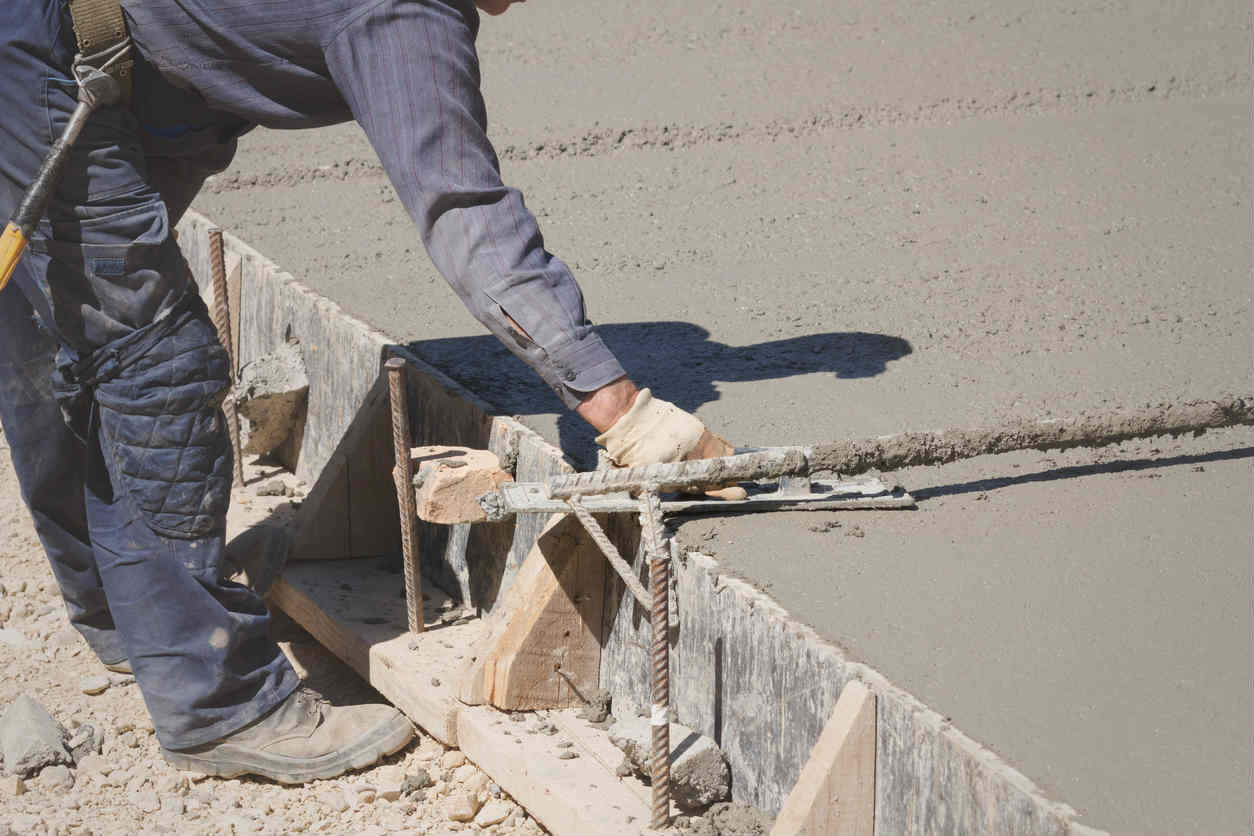A recent study confirmed that ergonomic hazards play a major role in causing musculoskeletal injuries among construction workers.

Workplace injuries, especially in the construction industry are a common occurrence. Apart from the workplace accidents that can cause severe injuries as well as fatalities, chronic injuries caused by repetitive job functions are also quite common.
A recent National Institute for Occupational Safety and Health (NIOSH) funded study confirmed that ergonomic hazards play a major role in causing musculoskeletal injuries among construction workers.
To understand the kind of injuries construction workers face, it is essential to understand ergonomics. Ergonomics are defined as ‘the science and practice of designing job tasks or workplaces to match the capabilities and limitations of the human body.” Therefore any workplace that does not take ergonomics into account sees a host of ergonomic hazards and resultant injuries like strains and sprains to the back, spine, shoulder, wrist, elbow, neck, hips, and knees. Most jobs in the construction industry are continuous and their repetitive nature exceeds the limitations of the bodies of workers on a daily basis. These injuries aggravate over time if left untreated and can lead to severe musculoskeletal injuries.
The NIOSH funded study enumerated the types of injury risks that plague the different trades in the construction industry. They are as follows –
Building construction workers
- Lifting heavy objects and lifting overhead
- Vibration to the body due to machinery
- Reaching overhead, stooping and working on the floor
- Repetitive motion
Excavation workers
- Vibrations to the body and arm from earth moving machinery and soil tampers
- Injuries caused due to poor searing and cab design
- Bending positions while working
Masonry workers
- Heavy material lifting, carrying and stooping to carry a load
Concrete workers
- Improper positions while working
- Vibrations from power tools
- Risks of back injury due to use of heavy saws, digging ditches, use of sledgehammers and saws, setting and stripping of forms, and carrying a heavy load
Steelworkers
- Improper positions while welding
- Body vibrations from cranes
- Repetitive Motions
Sheet metal workers
- Overhead reaching causing stress on back, arms, and neck
- Stress to hand and arm from constant use of power tools
- Improper positions while working
Plumbers
- Working in cramped spaces for pipe fittings and welding
- Reaching overhead causing stress on the back, arms and neck
- Wrist injuries due to repetitive motions
Electrical workers
- Hand and wrist injuries due to non-ergonomic tools
- Strains on back, shoulders, neck due to pulling of cables
Roofers
- Injuries, strains, and stress caused due to heavy material lifting
Drywall installers
- Injuries while working to reach the ceiling overhead
- Improper design of drywall knives causing wrist and hand injuries
- Back injuries due to moving drywall sheets
- Continuous use of screw guns causing wrist injuries
- Knee stress caused due to working on stilts
Painters
- Stress on arms, back, neck and shoulder due to overhead painting
- Carrying heavy painting material
Carpet Installers
- Continuous bent and kneeling positions cause stress and strain
- Use of knee kickers can cause knee injuries
- Lifting heavy objects
Road construction workers
- Vibrations to the body from machinery
- Back injuries caused due to heavy lifting
While these are some of the commonly seen injuries, the list is not comprehensive. For example, overexertion is a constant risk for all construction trades. Moreover, there are many other job-specific injuries that can take place.
